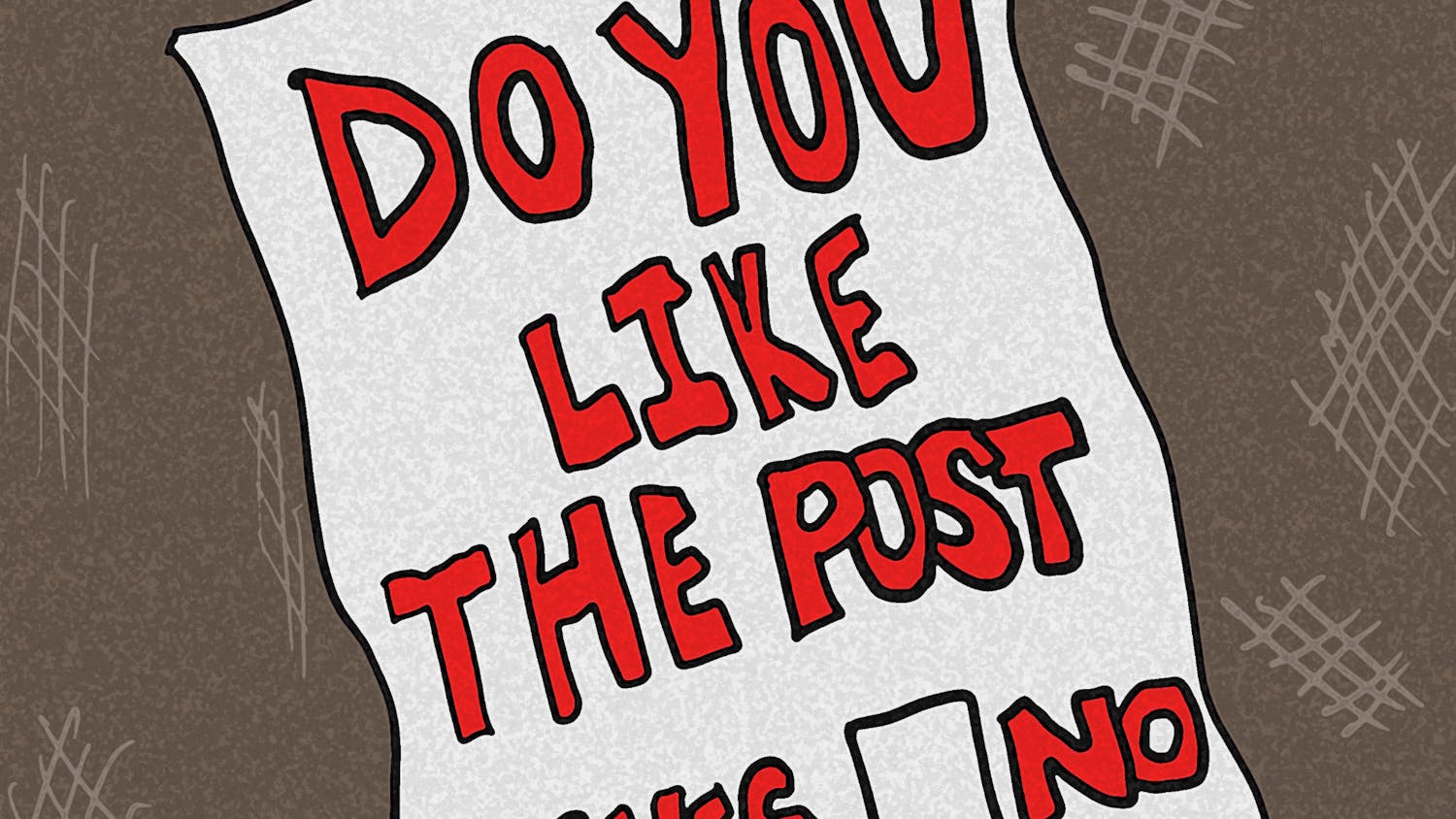About three weeks ago, the NCAA Football Rules Committee met to discuss the possible institution of a 10-second rule.
The rule would have prohibited teams from snapping the ball until at least 10 seconds run off the 40-second play clock to allow defenses to make substitutions. However, there would be exceptions to the rule during the final two minutes of each half or if the play clock began at 25 seconds. If the ball was snapped by the offense prior to the 30-second mark on the play clock, the offense would receive a five yard delay of game penalty.
But it appears that the committee had a change of heart on Wednesday when the committee decided to table the 10-second rule and withdraw their proposal. The decision came the day before the NCAA's 11-member playing rules oversight panel was scheduled to vote on whether to make the proposal a rule for the upcoming season.
The decision created controversy among some of college football’s coaching elite, specifically Nick Saban of Alabama and Bret Bielema of Arkansas, who were two of the coaches in favor of the proposed rule, saying it would be advantageous for players’ safety.
Although I’m sure that all the coaches in college football are concerned with players’ safety, a recent ESPN survey of all 128 FBS coaches showed different opinions, as 73 percent (93 coaches) were opposed to the proposal and 19.5 percent (25 coaches) were in favor. Of the remaining 10 coaches, nine were undecided and one refused to participate.
If you ask me, the rules committee made the right call by not going forward with the change. If this rule were instituted it would have an impact far beyond the realm of players safety.
There is no secret that an up-tempo offensive attack can be a difference maker in college football, just look at Oregon — a team known for its up-tempo offensive which frequently runs almost 100 plays in a given game.
If you force teams to change their tempo, you force them to change the way they play and that just isn’t fair. In Oregon’s case, you are asking them to change what makes them so successful and difficult to defend on defense.
I’m all for increasing safety, just not when it completely changes the way teams play, which is exactly what this rule would have done. If a team runs an up-tempo offense effectively it is their right to do so, opposing defenses just need to adapt.
@MILLRC93
cm001111@ohiou.edu






